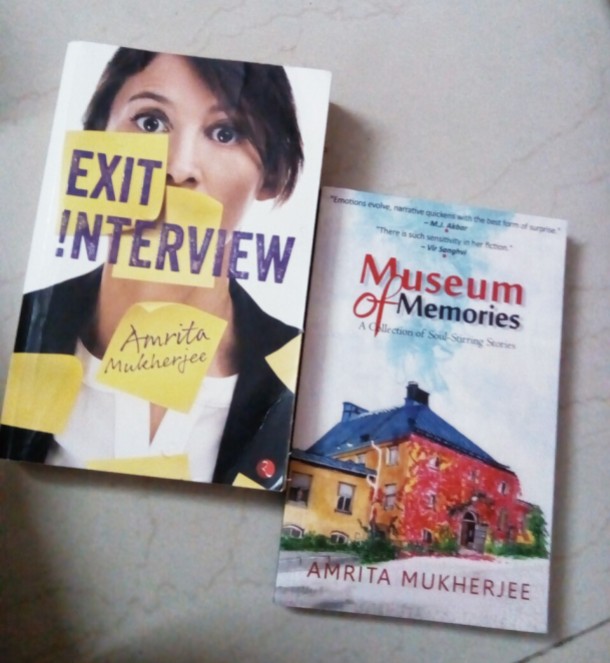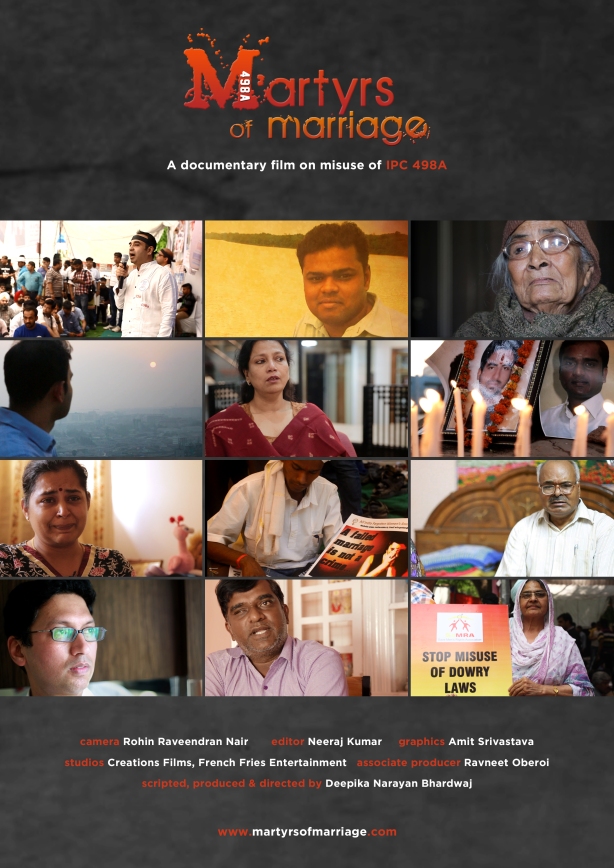
This illustration is taken from Saikat Sarkar’s page
“For the last couple of days I have been noticing you are reading books on World War I. Why is that?” Lalmohan babu asked Feluda.
He was sprawled on the settee in Feluda’s drawing room, his head resting on the cushion placed on one hand-rest and his feet up on the other. Two days prior to the lockdown, Lalmohan babu’s manservant had left for his village and that’s when Feluda had insisted that his friend shift to his home at Rajani Sen Road, at Ballygunge.
“At this age you don’t have to fend for yourself all alone. If you are staying with us, I will feel more assured,” Feluda had said, flashing his rare smile.
What was meant to be a lockdown of 15 days had extended to 40 days now and Lalmohan babu, as always, marveled at Feluda’s prudence.
“I am not exactly reading about the World War I, I am rather reading about the Spanish Flu pandemic that took over the world when the war ended in 1918. Then also schools, religious institutions and business centres were closed, people were asked to wear masks, stay at home and practice social distancing,” said Feluda.
He did not look up from his book.
“Ki bolcchen moshai, taai naki? (What are you saying? Really?)”
Lalmohan babu had sat up, alert.
Researchers are now trying to use the lessons learnt during the Spanish Flu to contain this coronavirus pandemic. At that time 500 million people were infected and almost 50 million died, but there was no chance of developing medicines or vaccines then. So, before you start hyperventilating and coming up with Doomsday predictions, let me say it’s not that bad a situation now.”
Feluda’s face was still expressionless, but he looked at his friend fleetingly with reassuring eyes.
“You have your online Literary Meet in half an hour. Have you prepared?” asked Topshe as he entered the room after finishing his online classes.
Lalmohan babu looked perplexed. He kept looking at the Kindle tab he was holding in his hand, his expression a trifle dejected.
“My books are on this machine and now literary meets are online. I can’t cope with this Tapesh.”
Topshe worried that Lalmohan babu would start crying. He hadn’t been in the best mental state in the last few days.
“I will help you out. Let’s create a structure of what you will talk about,” said Topshe quickly.
“Idea! Idea!” shouted Lalmohan.
He was literally jumping up and down clappping his hands and Topshe stepped back.
“Like I write under the pseudo name Jatayu, I can have a lit meet as a pseudo person. Tapesh you will be Jatayu in this online meet. You will do this for me right? Won’t you?”
Now it was Topshe’s turn to look aghast.
Then it suddenly happened. Lalmohan babu sneezed. Another one followed quickly.
He breathlessly ran to the window, peeped through the curtain.
“Nobody around thankfully,” he heaved a sigh of relief looking at the deserted road.
Feluda was watching all these histrionics quietly.
“Your phone is ringing,” he told Lalmohan babu.
*
Feluda reached for his cigarettes. The packet was not where it was always placed. Forgetful was the last thing you could call Feluda, but smoking was a very old habit and the hands went for the packet spontaneously. Then his brain got into action and reminded him he had just kicked the butt.
He had been planning to give up smoking for a long time and the lockdown gave him the right pretext. Cigarettes weren’t an “essential” he was going to go out for he had decided.
Lalmohan babu was back to his old position on the settee. The call that had come in the morning had pushed him into immense grief. His niece had contracted the dreaded coronavirus and died in the morning, he was informed.
“Even yesterday morning she had sent me a greeting video on WhatsApp. She never said she was unwell or anything.” Lalmohan babu was murmuring.
“In the last few days she never told you about a fever or cough or anything?” asked Feluda.
“Na moshai! Even a couple of days back she had cooked chicken kasha and paratha and uploaded on Facebook. I can’t believe she is no more.”
Lalmohan babu wiped his tears with a white handkerchief.
“Who told you she had Covid 19?”
“Her husband. He told me he had asked all relatives not to turn up since he had quarantined himself.”
“Did he call the concerned authorities to take your niece to the crematorium?”
“No, he said he had called the family doctor, who gave the death certificate. He had called the hearse and taken the body to the crematorium. After that he went into self quarantine.”
“Milcchey naa! Hisheb milcchey naa. (It’s not adding up) ”
Feluda looked out of the window at the blooming chrysanthemum tree, a furrow clouding his forehead.
“Do you have any of her recent photos?” he asked suddenly.
“Many! She sent her selfies frequently with her morning greeting.”
Feluda peered at the photos after magnifying those in the smartphone.
“I am sure you never noticed the marks,” he said after returning the phone to his friend.
“Marks! What marks?”
“She was abused frequently. The nicks and cuts are all over her face. She used to hide it with make-up.”
“Abused! You think so? She was such a happy girl. She never told me anything about abuse.”
“Very few talk about it Lalmohan babu. Do you know their family doctor who gave her death certificate?”
“Yes I know him. I have his number even. I had gone to him once when my house physician was out of town.”
Feluda called the doctor. He had thought he would be a tough nut to crack, but the opposite happened.
“Prodosh babu please help me,” the doctor pleaded.
The man came to my house with a gun at midnight. Took me to his place. He had shoved his wife down the stairs. She had died on the spot. She had a weak heart. I wrote heart attack in the death certificate. I didn’t want to do this. Please can you help?”
“So she didn’t have Covid 19?” asked Feluda.
“Covid! Who said Covid?”
“Now it’s crystal clear. The husband is saying it’s Covid, so that no one would go to his place and he wouldn’t have to give any explanation. If he is in self quarantine people would stay miles away from him.”
Feluda’s next call went to the Police Commissioner.
*
“I can’t imagine you solved a case in one day and that too sitting at home,” said Lalmohan babu.
“This is the new way. Work from home or WFH,” said Feluda.
They were at lunch. Piping hot khichudi was being served.
“I have been seeing you are wasting your time sulking at home Lalmohan babu. You could have very much finished your next mystery novel during this time. I even have the title chalked out – Covider Kobole (In the grip of Covid).”
Lalmohan babu was sprinkling pepper on the khichudi. His eyes widened and his lips broke out into an effervescent smile.
Then it happened. A sneeze came. A resounding one.
– By Amrita Mukherjee
Disclaimer: On Satyajit Ray’s birthday today May 2,2020 this story is written as a tribute to his Feluda. In no way this is an attempt to plagiarise the characters he created.
If you want to read on Ray’s mother Suprabha Ray click here.














